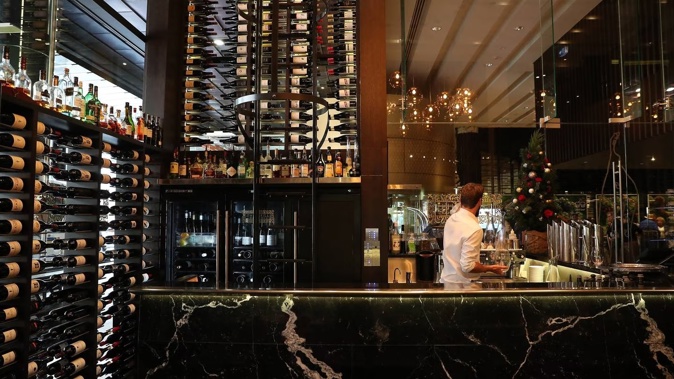
Better immigration policy, reviewed accreditation and a new Hospitality Minister are part of a hospitality group’s wish list urging the Government to better support the sector.
The Restaurant Association said its approach will help the Government and the industry to work better together “to create a concise pathway for rebuilding and repositioning the sector for the future”.
Restaurant Association CEO Marisa Bidois said the industry is “an enduring powerhouse of the New Zealand economy” but the policy for the sector is “fragmented, impractical and often devoid of the everyday realities of operations”.
“The hospitality industry contributes more than $14 billion to the economy, making it one of New Zealand’s largest industries,” Bidois said.
The group said hospitality sales have increased 14.5 per cent in the last year but ongoing challenges include labour shortages and a lack of protection policy for workers and businesses.
It said “hospitality industry staffing challenges have peaked” with business owners citing staff shortages as their main challenge.
/cloudfront-ap-southeast-2.images.arcpublishing.com/nzme/QWZ545D3BVCRNTM5OA2HKD2XBM.jpg)
Marisa Bidois, CEO of the Restaurant Association.
“This means investing in hospitality apprenticeships and further training fit for purpose while refining our immigration policy needs,” Bidois said.
She said, “A one-size-fits-all approach to immigration settings does not meet the unique needs of our sector, which needs a clear roadmap from the government pertaining to short-, medium- and long-term immigration plans that is responsive to our sector’s unique needs and reflective of the realities of operating a hospitality business.”
The group is calling for better oversight from Tourism Minister Peeni Henare and the Ministry for Business, Innovation and Employment.
“The current approach to hospitality and tourism has not adequately addressed the needs of our industry in recent years,” Bidois said.
“Tackling exploitative working conditions” is a priority, the association said.
The group is urging the Government to lift employment standards and invest in the group’s own accreditation programme, HospoCred.
They said this will “create a clearer picture for consumers, businesses and current and prospective employees about what it means to be a responsible and transparent hospitality business”.
In terms of regulation, the group said employers are mainly small business owner-operators who have limited time and resources.
They said fair pay agreements and immigration challenges have “severely impacted our confidence as a sector”, along with changes stemming from the pandemic.
“Ensuring the regulatory environment is conducive to productivity and business growth while still prioritising the wellbeing of employees and consumers remain a top priority,” the Restaurant Association said.
The group’s top 10 priorities:
- Reviews on immigration policy
- Better staff training
- Reviews into the employer accreditation scheme
- Better hospitality regulation
- Changing “the Government’s narrative around hospitality”
- Reviewing liquor licensing settings
- Establishing a Hospitality Minister and dedicated hospitality unit within MBIE
- Working with regional economic development agencies
- Reviewing the impact of crime on business and hospitality staff
- Reviewing Civil Defence and the emergency response framework
Take your Radio, Podcasts and Music with you









